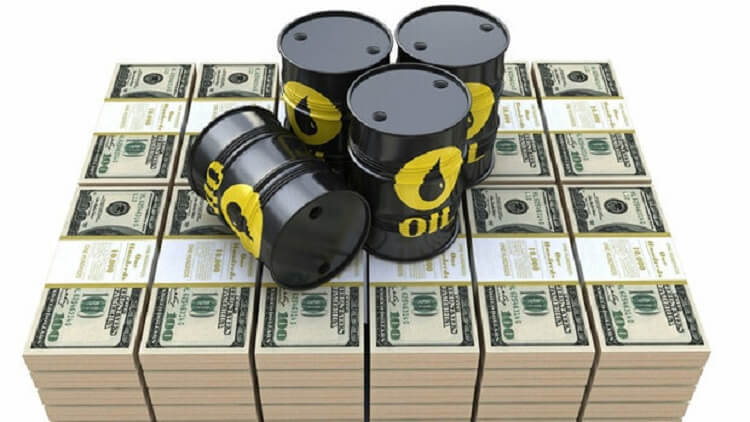In a London trading session on Wednesday, oil prices plummeted to a five-month low, posing a threat to Nigeria’s revenue targets for 2024.
The decline, driven by worries of declining demand, supply shortages, and fluctuations in long-term interest rates, is raising apprehensions about Africa’s largest economy meeting its financial objectives.
Join our WhatsApp ChannelThe nosedive in oil prices is attributed to concerns surrounding output cuts by the Organization of Petroleum Exporting Countries (OPEC) and its partners, fueling doubts about Nigeria’s ability to align with its proposed oil price benchmark of $78 per barrel and a daily production capacity of 1.7 million barrels.
Data released by the Nigerian Upstream Petroleum Regulatory Commission revealed a drop in crude oil production to 1.25 million barrels per day last month, further exacerbating worries about Nigeria’s revenue prospects.
READ ALSO: NNPC Reveals 127 Incidents Of Crude Oil Thefts In 1 Week
Nigeria’s heavy reliance on oil exports, constituting about 90% of its export revenue and 80% of the federal government’s income, has left the economy vulnerable to price fluctuations.
Foreign currency shortages, weak economic growth, and high dependence on debt financing add to the challenges faced by Africa’s largest oil producer.
The Federal Government of Nigeria has proposed a 2024 budget of 27.5 trillion naira, with allocations toward non-debt recurrent expenses, debt payments, and capital expenditures, underscoring the country’s reliance on oil revenues.
Brent oil futures, dropping to $72.78 a barrel, and West Texas Intermediate crude futures at $68.2 a barrel, are at their lowest since July, driven by record-high U.S. output, concerns over Chinese demand, and uncertainties in Federal Reserve monetary policies.
Amidst these market pressures, U.S. inventory data signaled a likely larger-than-expected decline in oil inventories, although gasoline inventories saw an abnormal increase, hinting at a potential slowdown in fuel usage.
Market sentiments are tense as speculation mounts regarding the Fed’s stance on interest rates in its final meeting of 2023. While an unchanged rate is anticipated, the bank’s outlook for 2024, especially concerning any potential rate adjustments, remains a focal point amid concerns over inflationary pressures and global market uncertainties.
Emmanuel Ochayi is a journalist. He is a graduate of the University of Lagos, School of first choice and the nations pride. Emmanuel is keen on exploring writing angles in different areas, including Business, climate change, politics, Education, and others.


















Follow Us